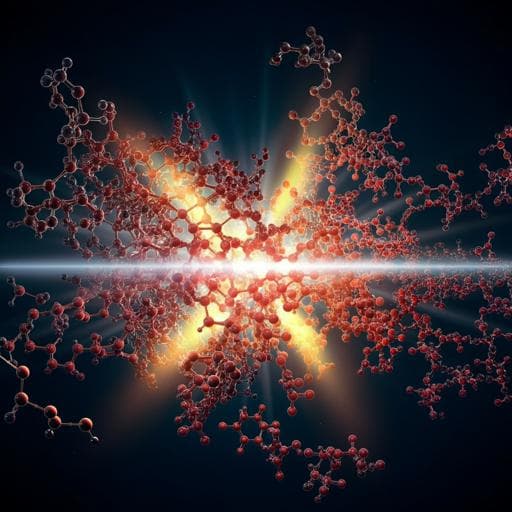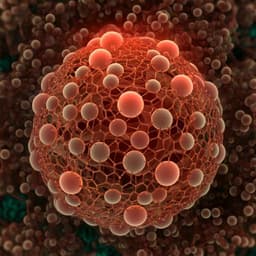
Engineering and Technology
19.31% binary organic solar cell and low non-radiative recombination enabled by non-monotonic intermediate state transition
J. Fu, P. W. K. Fong, et al.
Discover an innovative strategy to boost organic solar cell efficiency! This research, conducted by Jiehao Fu, Patrick W. K. Fong, Heng Liu, and their team, utilizes a novel non-monotonic intermediate state manipulation approach, achieving a record efficiency of 19.31%. Don't miss how this method reduces non-radiative recombination loss, paving the way for advanced solar technology.
Related Publications
Explore these studies to deepen your understanding of the subject.







